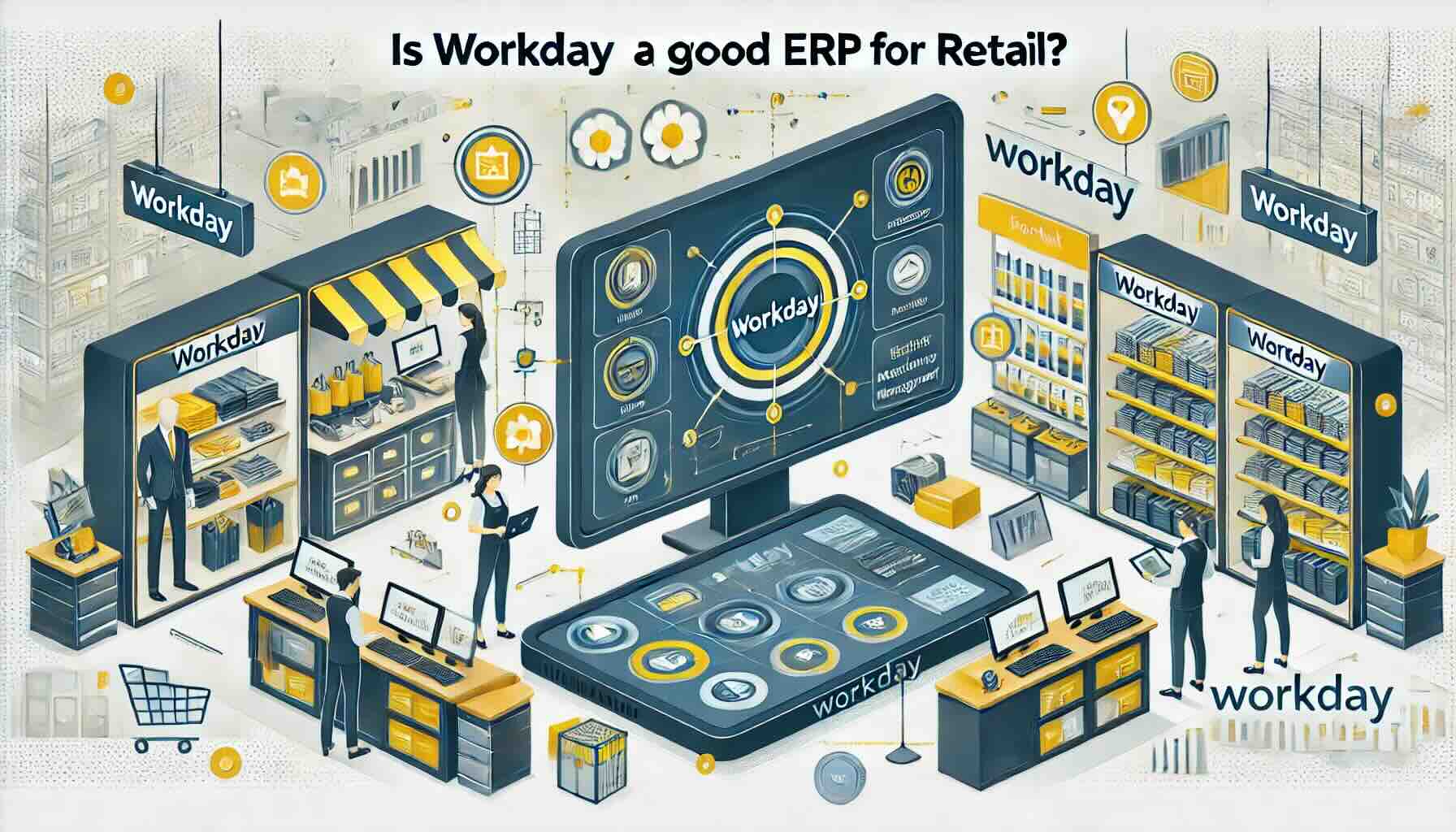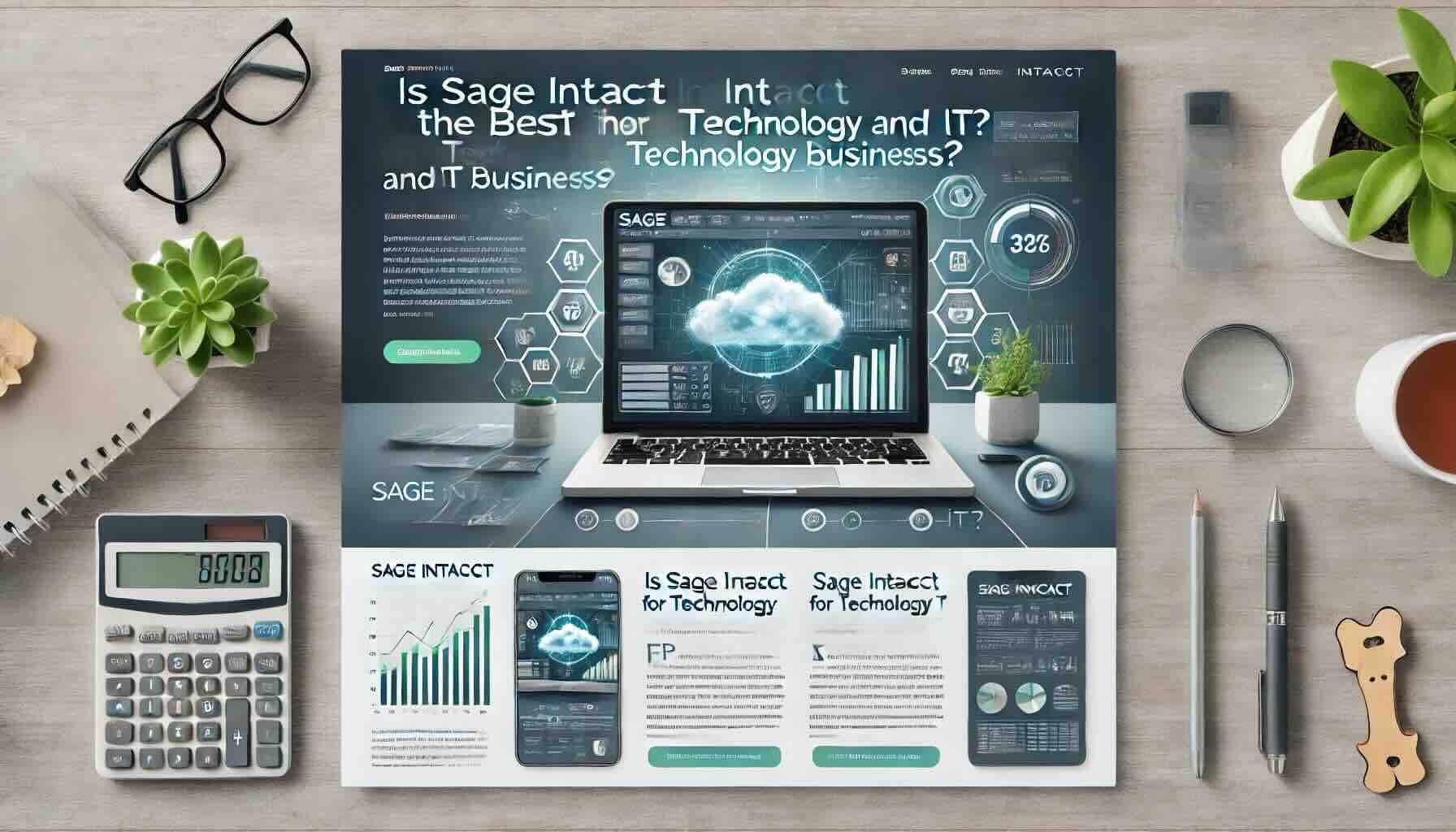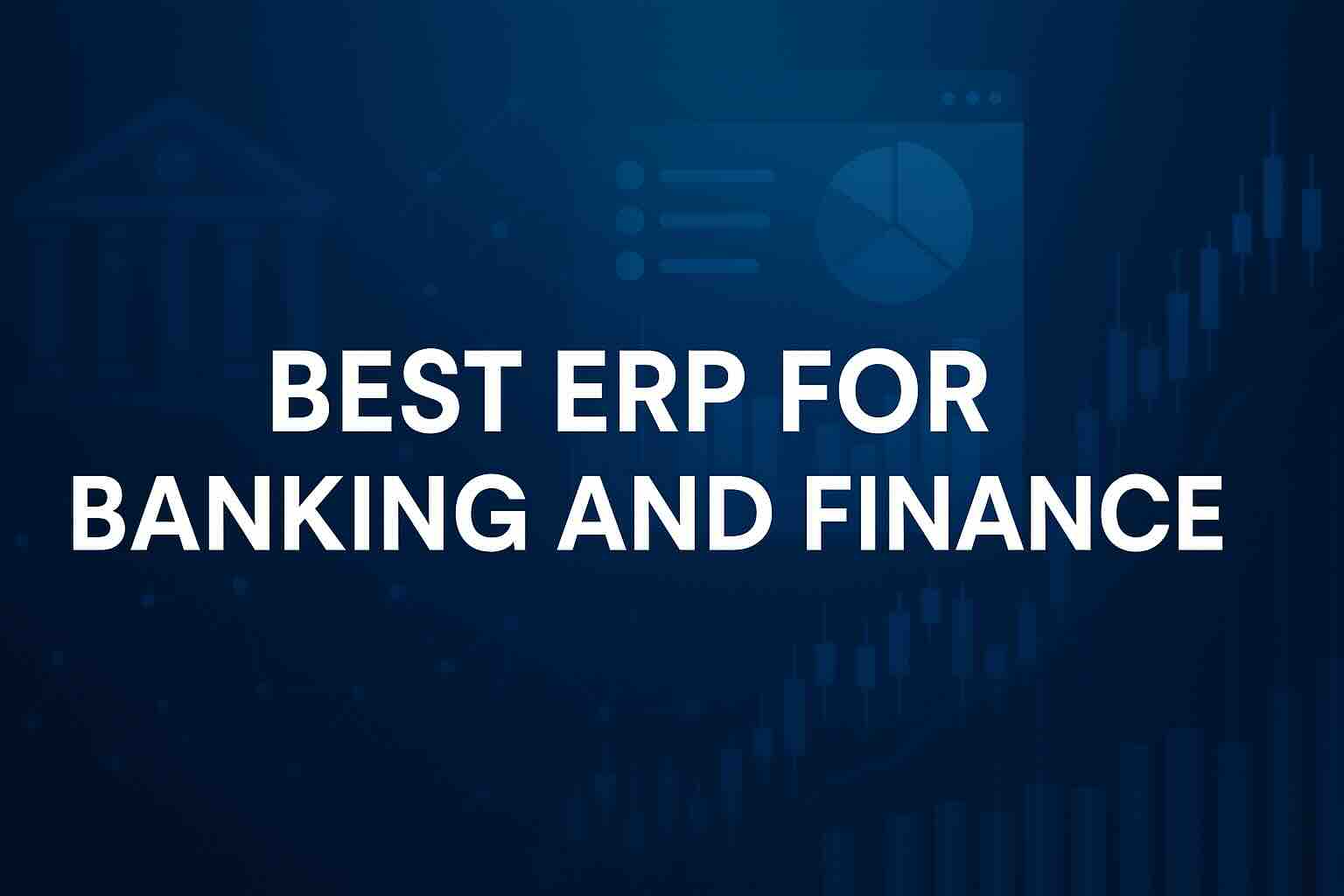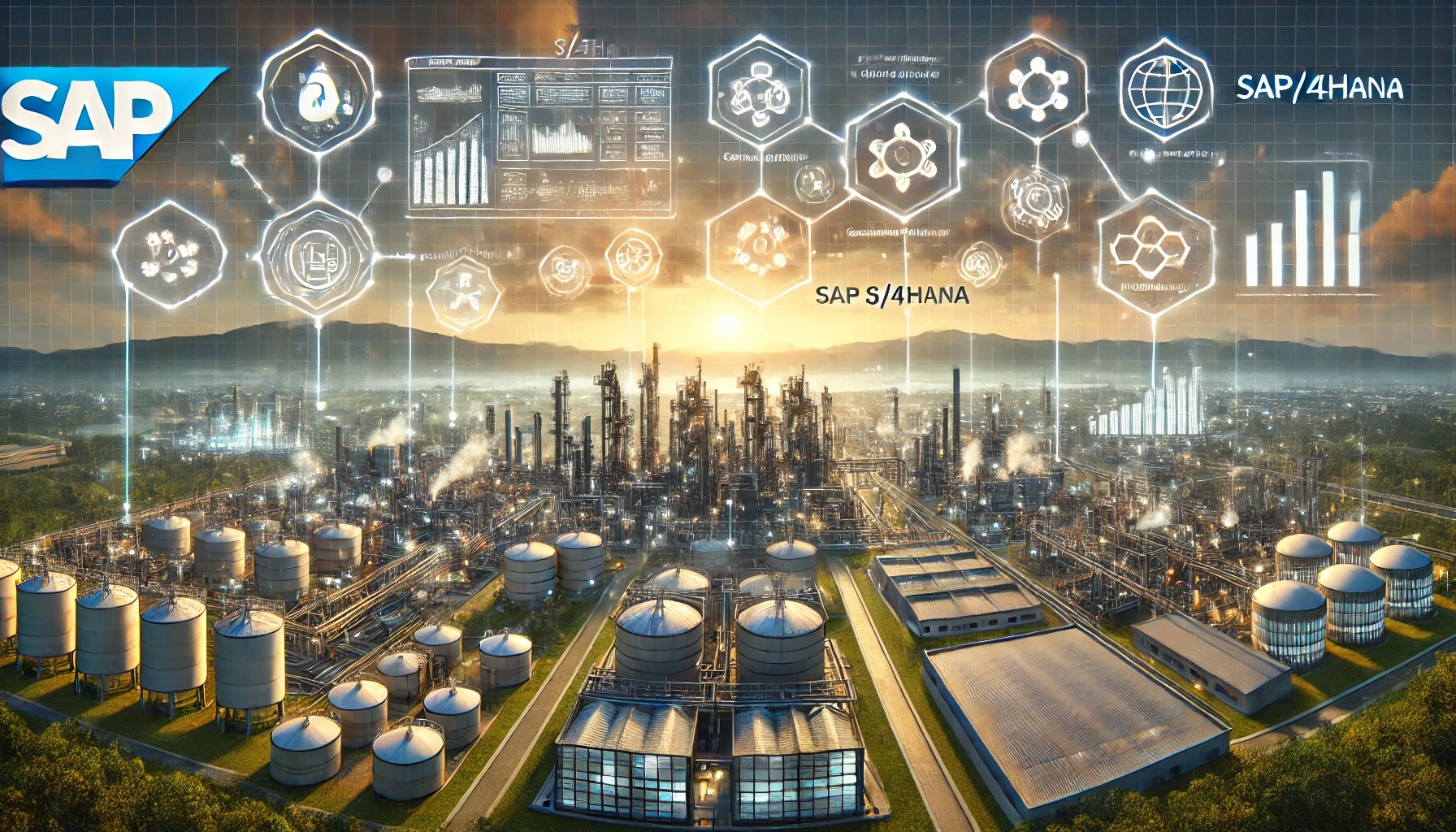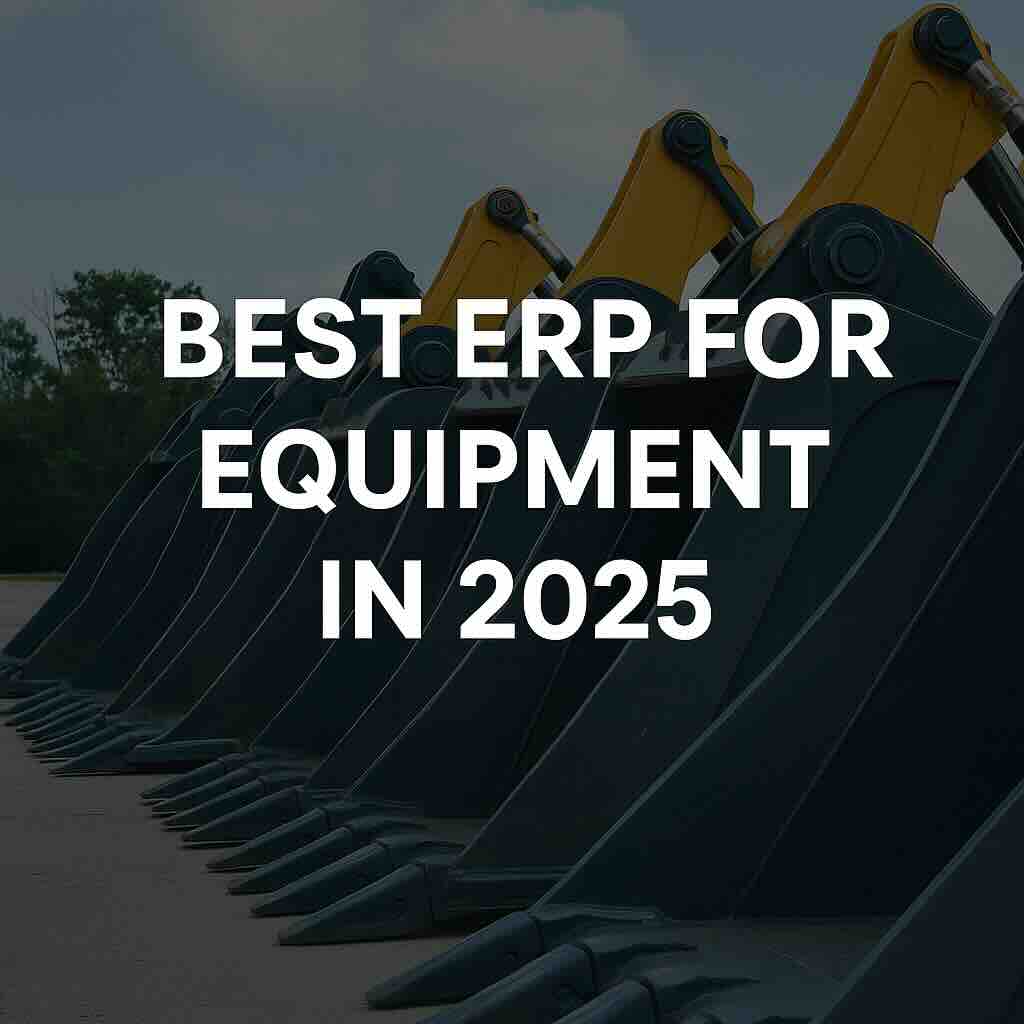Oracle Vs. SAP, which is best?
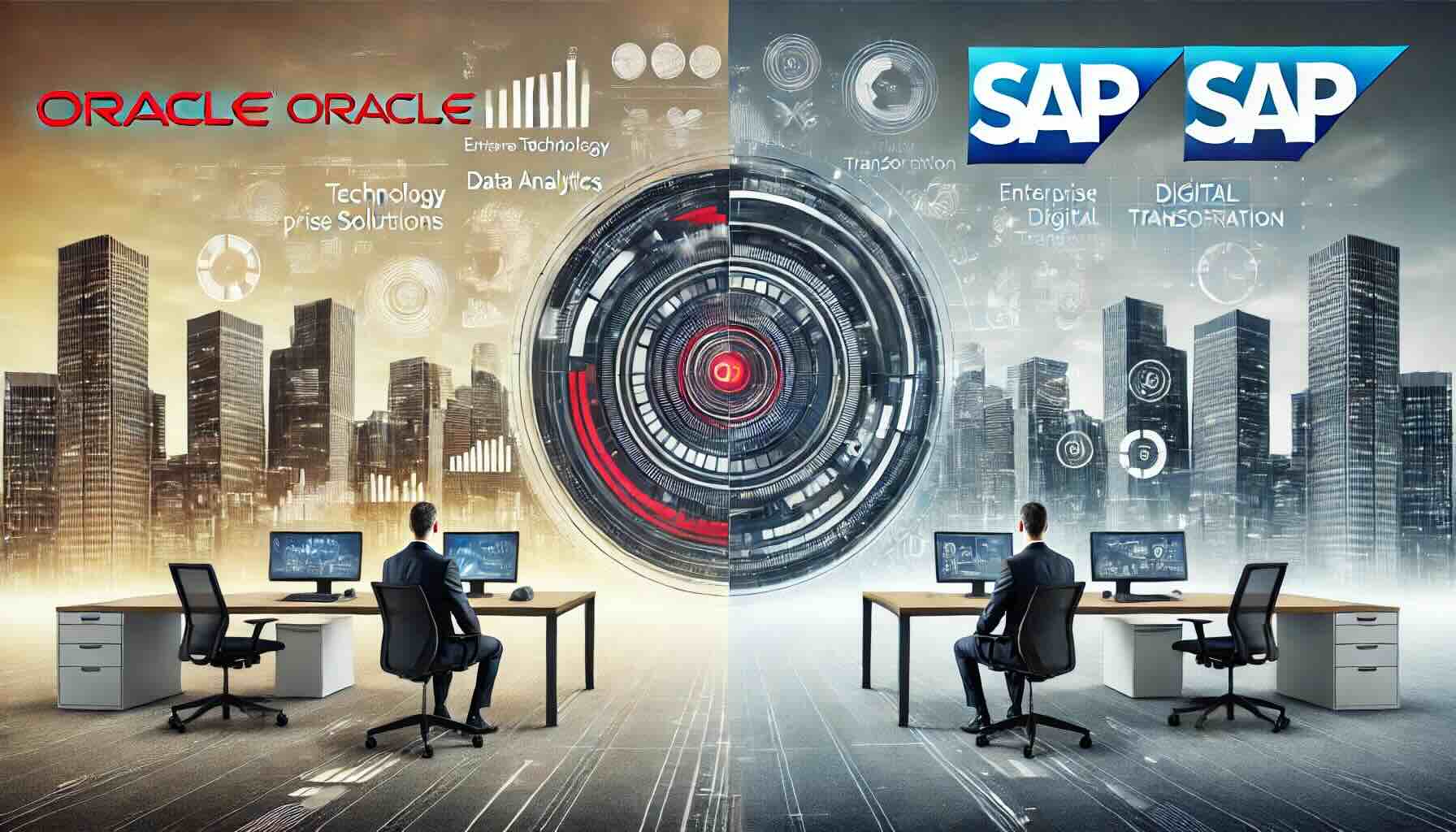
When it comes to choosing the best enterprise resource planning (ERP) system, the debate often boils down to “Oracle vs. SAP.” These two titans dominate the ERP market, offering robust solutions to businesses of all sizes. But how do you decide which one is right for your organization? In this blog, we’ll provide a comparative analysis of Oracle and SAP, highlighting their strengths and weaknesses to help you make an informed decision.
Oracle vs. SAP: Strengths and Weaknesses
Strengths of Oracle
- Robust Database Management: In the “Oracle vs. SAP” debate, Oracle stands out for its superior database management capabilities. Oracle’s advanced features in data handling, storage, and processing make it an ideal choice for companies with extensive data requirements. The Oracle Database is widely recognized for its performance, reliability, and security.
- Integrated Cloud Solutions: Oracle’s cloud infrastructure is a significant advantage. Oracle Cloud offers a comprehensive suite of applications, including ERP, Human Capital Management (HCM), and Supply Chain Management (SCM). This seamless integration across various business functions gives Oracle an edge in the “Oracle vs. SAP” comparison, especially for businesses looking to leverage cloud technology.
- Flexibility and Customization: One of Oracle’s key strengths is its flexibility. Oracle ERP solutions are highly customizable, allowing businesses to tailor the software to their specific operational needs. This flexibility is a crucial factor in the “Oracle vs. SAP” comparison, as it can lead to increased efficiency and productivity.
- Advanced Analytics: Oracle excels in providing advanced analytics and business intelligence tools. Its robust data analytics capabilities enable organizations to gain deeper insights into their operations, aiding strategic decision-making and performance optimization.
Weaknesses of Oracle
- Complexity and Learning Curve: Oracle’s advanced features can be a double-edged sword. The complexity of Oracle’s ERP solutions can result in a steep learning curve, requiring substantial training and support.
- Cost: In the “Oracle vs. SAP” analysis, cost is a critical consideration. Oracle’s ERP systems can be expensive, especially for small and medium-sized enterprises (SMEs). The high implementation and licensing costs can be a barrier for some businesses.
- Implementation Time: Implementing Oracle’s ERP systems can be time-consuming. The extensive customization and integration processes often result in longer implementation times, which can delay the benefits realization.
Click this link to find out more about Oracle Cloud ERP.
SAP: Strengths and Weaknesses
Strengths of SAP
- Comprehensive ERP Functionality: In the “Oracle vs. SAP” discussion, SAP is known for its comprehensive ERP functionality. SAP offers a broad range of modules covering every aspect of business operations, from finance and HR to supply chain and manufacturing.
- Industry-Specific Solutions: SAP provides tailored solutions for various industries, including manufacturing, retail, and healthcare. These industry-specific solutions ensure businesses get the tools most relevant to their sector, enhancing operational efficiency.
- Global Reach and Support: SAP’s global presence is a significant strength in the “Oracle vs. SAP” debate. With a robust support network and local expertise in various regions, SAP effectively supports businesses with international operations.
- Strong Partner Ecosystem: SAP has a vast network of partners and third-party vendors, offering a wide range of add-ons and extensions. This ecosystem allows businesses to enhance their ERP system with additional functionalities and integrations.
Weaknesses of SAP
- Complexity and Rigidity: Similar to Oracle, SAP’s ERP solutions can be complex. However, SAP is often criticized for its rigidity, making customization challenging. This rigidity can limit flexibility and adaptability for some organizations.
- Costly Implementation and Maintenance: The “Oracle vs. SAP” analysis must consider cost. SAP’s ERP systems can be expensive to implement and maintain, including initial setup, licensing fees, and ongoing maintenance and support costs.
- User Experience: While SAP has made strides in improving its user interface, it still lags behind some newer ERP solutions in terms of user experience. Users often find SAP’s interface less intuitive, which can affect user adoption and satisfaction.
Click this link to find out more about SAP.
Conclusion: Oracle vs. SAP?
In the “Oracle vs. SAP” debate, the best choice depends on your organization’s specific needs and priorities. Oracle excels in database management, cloud integration, and advanced analytics, making it ideal for businesses with complex data requirements and a focus on innovation. However, its complexity and cost can be potential drawbacks.
On the other hand, SAP offers comprehensive ERP functionality, industry-specific solutions, and strong global support, making it a solid choice for large enterprises with diverse and international operations. However, its rigidity and high implementation costs can be limiting factors.
In conclusion, both Oracle and SAP have unique strengths and weaknesses. A thorough evaluation of your business needs, budget, and long-term goals is essential in making the right choice. Whether you opt for Oracle or SAP, investing in a robust ERP system is a strategic move that can drive your business toward greater efficiency and success.
To compare Oracle, SAP and many more ERP solutions, you can use our new AI-powered Compare ERP tool. It’s free to use and you get a guaranteed discount on your first year’s licence fees with a referral from Compare ERP.

